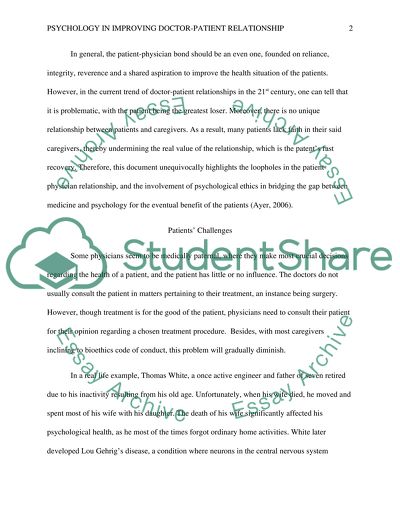Cite this document
(“Medicine and Psychology Essay Example | Topics and Well Written Essays - 1000 words”, n.d.)
Medicine and Psychology Essay Example | Topics and Well Written Essays - 1000 words. Retrieved from https://studentshare.org/psychology/1432067-medicine-and-psychology
Medicine and Psychology Essay Example | Topics and Well Written Essays - 1000 words. Retrieved from https://studentshare.org/psychology/1432067-medicine-and-psychology
(Medicine and Psychology Essay Example | Topics and Well Written Essays - 1000 Words)
Medicine and Psychology Essay Example | Topics and Well Written Essays - 1000 Words. https://studentshare.org/psychology/1432067-medicine-and-psychology.
Medicine and Psychology Essay Example | Topics and Well Written Essays - 1000 Words. https://studentshare.org/psychology/1432067-medicine-and-psychology.
“Medicine and Psychology Essay Example | Topics and Well Written Essays - 1000 Words”, n.d. https://studentshare.org/psychology/1432067-medicine-and-psychology.


